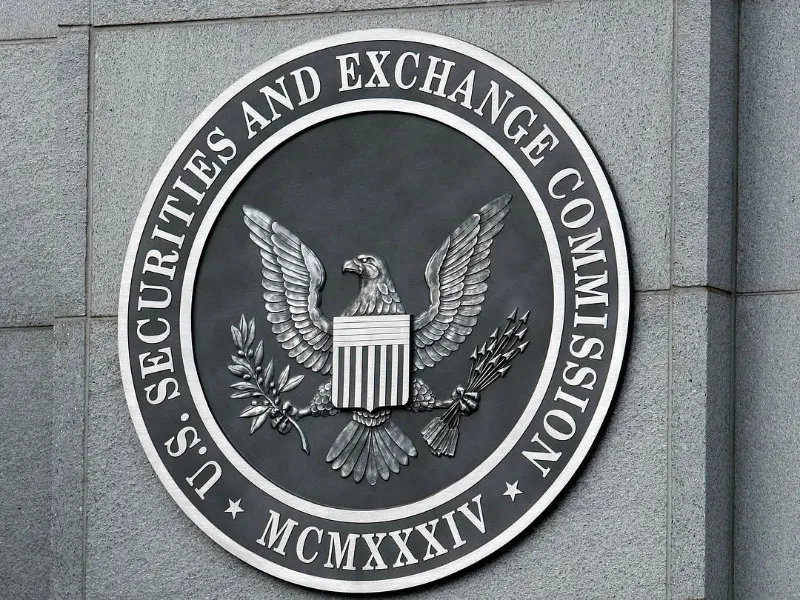- The U.S. Securities and Exchange Commission (SEC) charged cryptocurrency trading platform Mango Markets for the unregistered sale of its digital asset token.
- The SEC’s charges represent a critical turning point in the regulatory approach to cryptocurrency platforms that operate without proper registration.
OUR TAKE
Mango Markets is being targeted by the SEC again. This time, it’s for selling digital asset tokens without registration, which were classified as securities. Even Mango Labs and Blockworks Foundation have been penalised for failing to register as brokers. This situation reminds me of earlier this year when a federal jury in Manhattan convicted a crypto trader of commodities fraud for manipulating the Mango Markets exchange. He actually stole $110 million from the platform, which is just mind-blowing. It seems there’s a lot of murky water in the crypto market, and lax regulation simply won’t suffice. Platforms that prioritise innovation over regulation better think twice, as they might be the next ones to face penalties.
–Miurio Huang, BTW reporter
What happened
The U.S. Securities and Exchange Commission (SEC) charged cryptocurrency trading platform Mango Markets for the unregistered sale of its digital asset token on Friday, which has been classified as a security . This significant move also included settled charges against Mango Labs and Blockworks Foundation for their failure to register as brokers. The SEC’s actions follow a notable case earlier this year in which a federal jury in Manhattan convicted a crypto trader of commodities fraud for manipulating the Mango Markets exchange. This trader’s actions led to the theft of around $110 million from the platform, raising alarm bells about the integrity of operations within the crypto space.
Also read: Payplug and Mangopay unite to a forge seamless payment process
Also read: US sanctions Russian cryptocurrency exchanges for money laundering
Why it’s important
The SEC’s charges represent a critical turning point in the regulatory approach to cryptocurrency platforms that operate without proper registration. By deeming the Mango token a security, the SEC is asserting its authority over digital assets, thereby signaling to other platforms that compliance with existing securities laws is non-negotiable. This heightened scrutiny reflects a broader effort by regulators to safeguard investors in a rapidly evolving financial landscape marked by the rise of decentralised finance (DeFi).
The implications are far-reaching; the case could set a precedent for future enforcement actions against other cryptocurrency entities, urging them to reevaluate their compliance strategies. Moreover, as regulatory frameworks become more stringent, the confidence of investors in the crypto market may be significantly impacted. This situation raises essential questions about the sustainability of platforms that prioritise innovation over regulation. Ultimately, the outcome of this case will likely influence how digital asset exchanges navigate the complex interplay between technology and compliance, shaping the future of the cryptocurrency industry.

